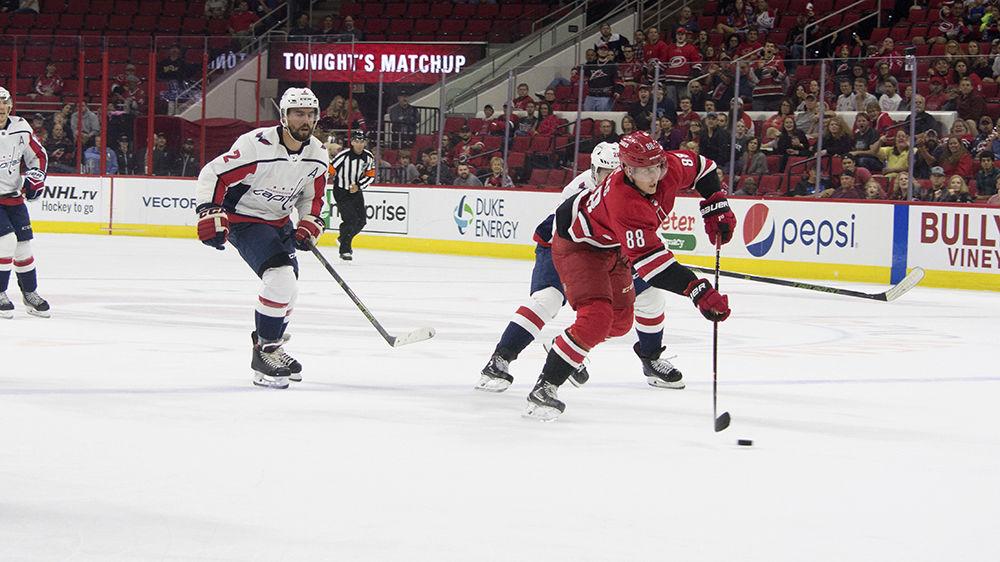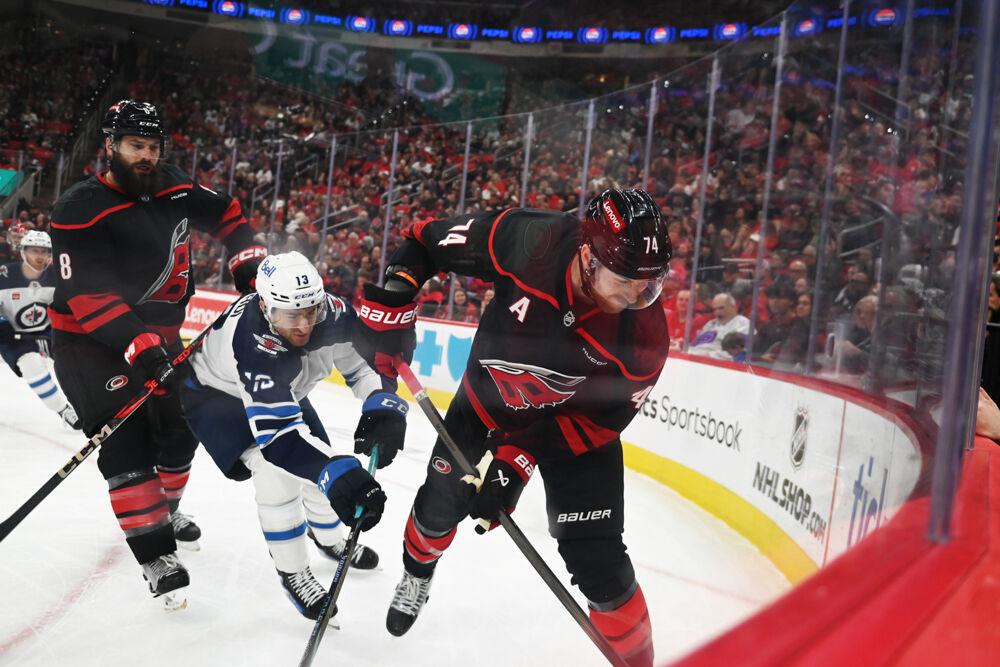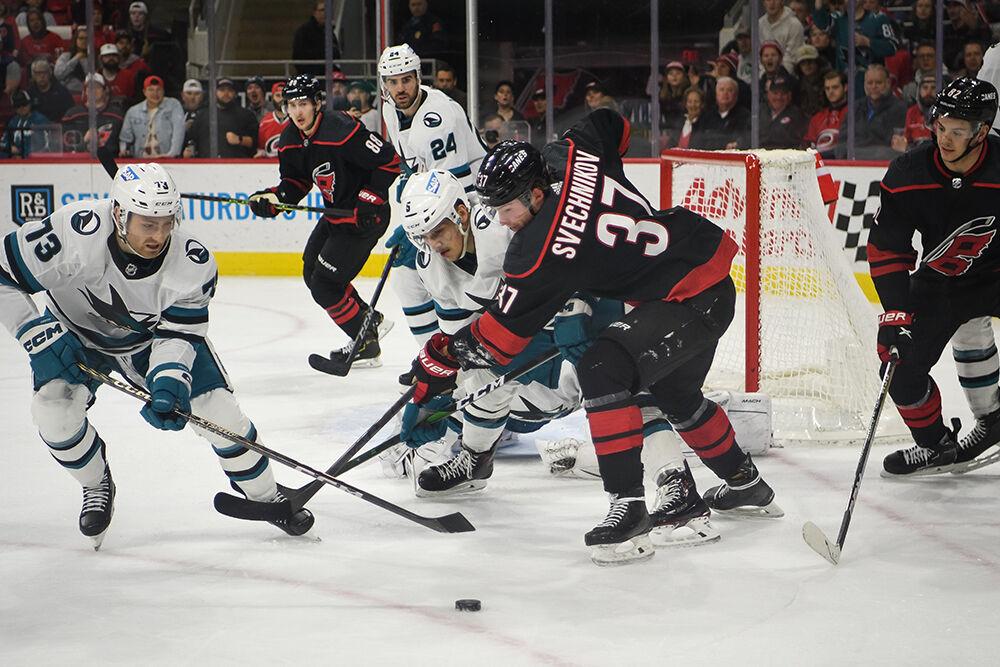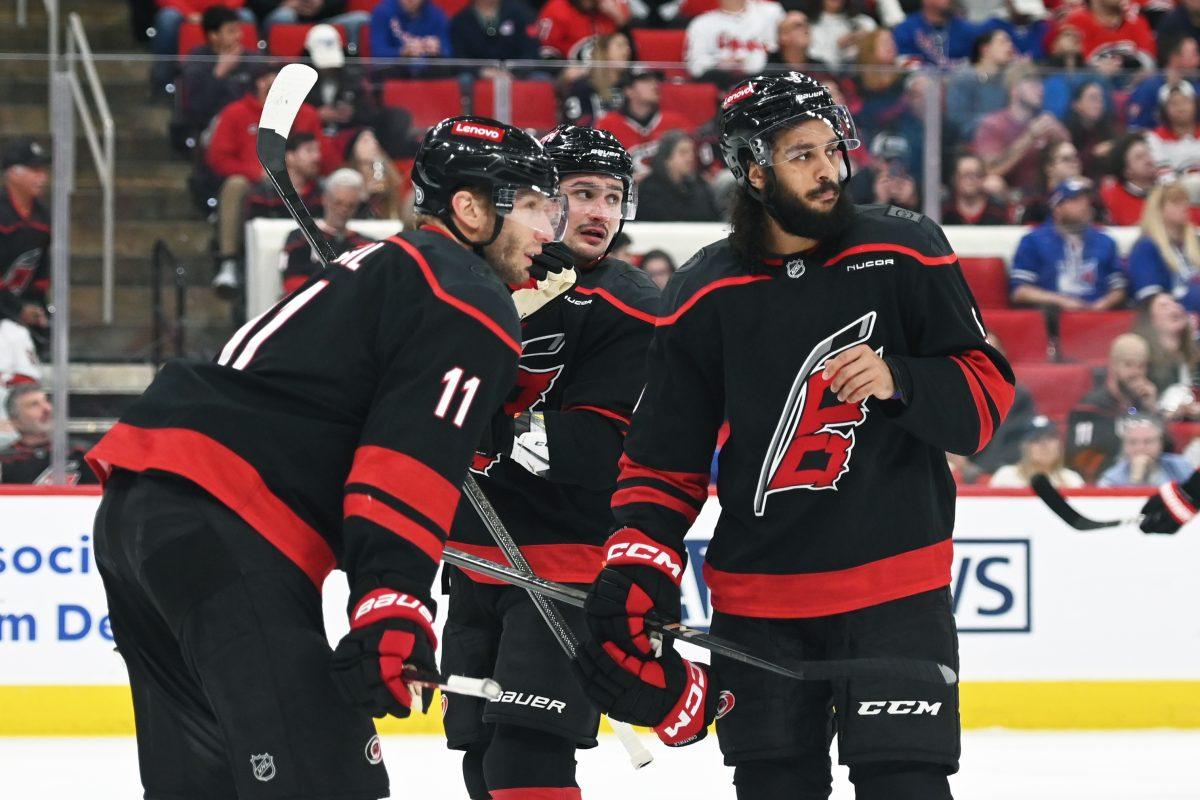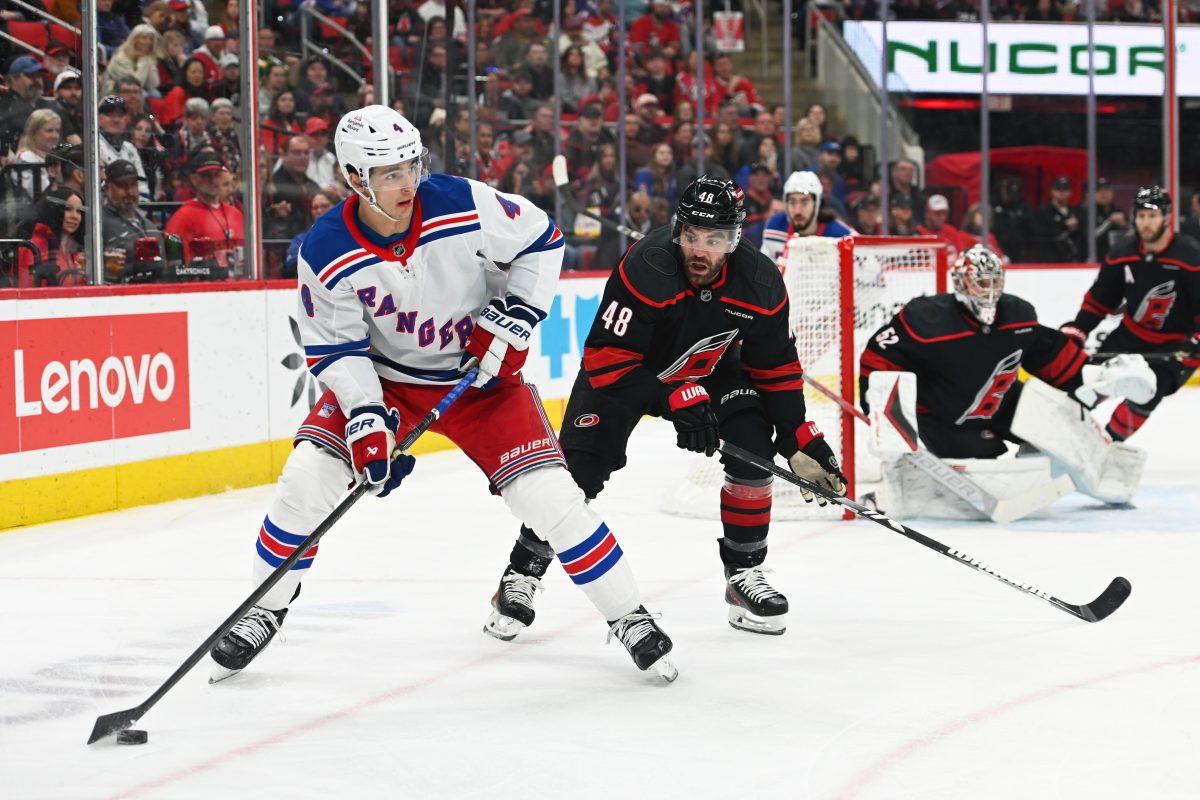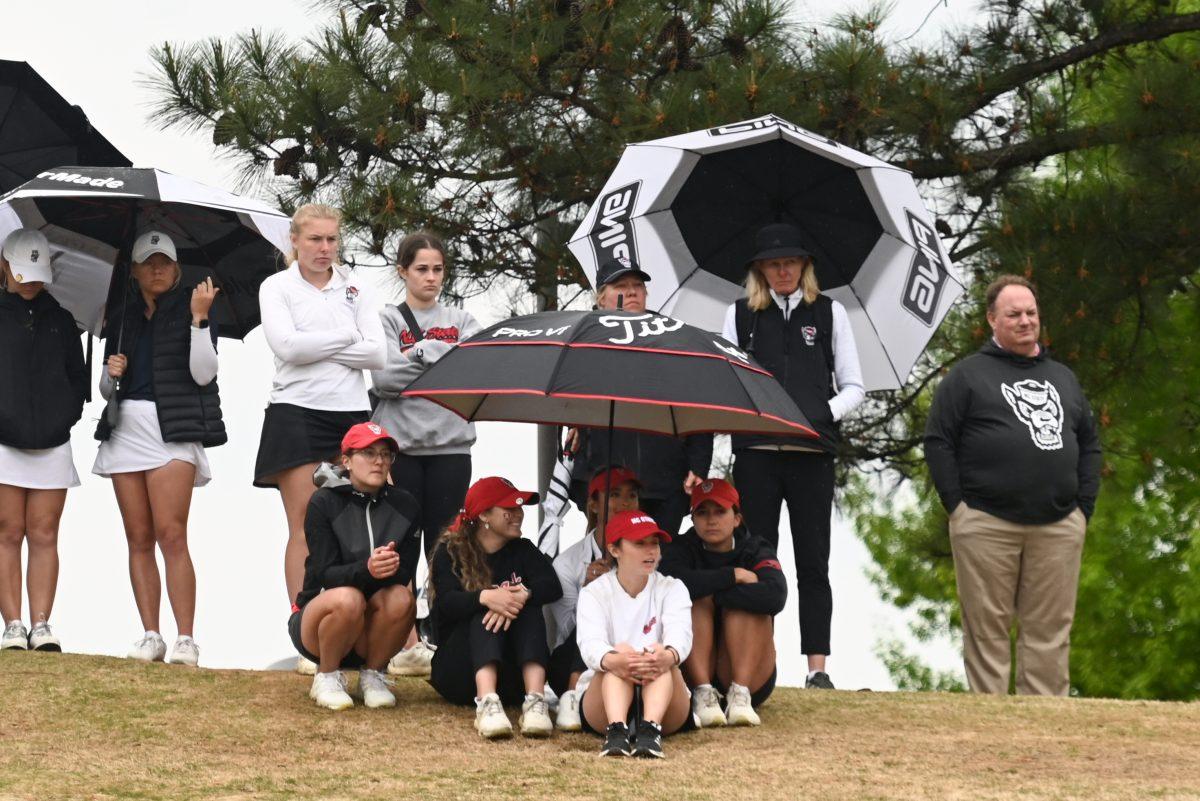In what has already been a remarkable year for North Carolina hockey, the Charlotte Checkers, the Hurricanes American Hockey League affiliate, put the icing on the cake, winning the first Calder Cup in franchise history.
Defeating the Western Conference top-seeded Chicago Wolves, the Las Vegas Golden Knights AHL affiliate, in five games, the Charlotte Checkers did not cave under expectations. Posting their best season record in franchise history since relocating to Charlotte in 2010, 51-17-7-1, it was good enough to finish as the No. 1 team overall in the AHL.
The Charlotte Checkers looked good from opening night. The team started off the season with a 10-1-0-0 record and kept up the dominance throughout the rest of the season. The Checkers never lost more than two games in a row without at least obtaining a point and the team was never winless for more than three.
The Checkers found success in nearly every position this year but were exceptionally talented in goal, backstopped by starting goaltender Alex Nedeljkovic. Nedeljkovic played 51 games for the Checkers, posting a 2.26 goals against average and a 0.916 save percentage with 34 wins and nine losses. Nedeljkovic was also awarded the Aldege “Baz” Bastien Memorial Award for the league’s best goaltender.
In the playoffs, Nedeljkovic came up huge for the Checkers alongside Charlotte-backup Dustin Tokarski. Tokarski was a 29-year old rental player that the Checkers loaned from the Hartford Wolf Pack, the New York Rangers AHL affiliate, in exchange for defenseman Josh Wesley who was playing down in the Eastern Coast Hockey League, the league directly below the AHL.
Tokarski was brought in as a veteran backup with playoff experience, having previously won the Calder Cup in 2012 with the Norfolk Admirals. Tokarski played seven regular-season games and five playoff games for the Checkers, posting a perfect record in those games, 12-0.
The most impressive players for Charlotte at the opposite ends of the ice were Andrew Poturalski and rookie Martin Necas.
Poturalski finished the regular season with a team-leading 70 points with 23 goals and 47 assists. Poturalski continued that performance through the playoffs, being named playoff MVP after finishing with 23 points with 12 goals and 11 assists despite suffering a broken foot blocking a slapshot in game one against Hershey.
Necas spent a few games with the Hurricanes before being assigned to the Checkers to help build his overall game. Necas found immediate success with wingmate Janne Kuokkanen and kept up strong power play performances. Necas finished the regular season with 52 points with 16 goals and 36 assists and the playoffs with 13 points with five goals and eight assists.
The first round of the playoffs saw the Checkers matched up with the Providence Bruins, the AHL affiliate of the Boston Bruins. Charlotte won the series 3-1 as the first round of the Calder Cup is a best of five. In the second round, the Checkers easily swept the Hershey Bears, the AHL affiliate of the Washington Capitals, in four games.
The third round saw the Checkers with their hardest matchup of the playoffs against the former Calder Cup Champion Toronto Marlies, the AHL affiliate of the Toronto Maple Leafs. Toronto won the first game of the series but Charlotte’s skill and work ethic were too much for the Marlies to handle as the Checkers won the third round 4-2.
The Calder Cup Final saw the Checkers defeat the Chicago Wolves in five games. Charlotte lost the first game of the series in overtime after dropping a 3-1 lead in the third period, but they would win the next four in strong performances.
One of the Checkers biggest boons in the playoffs was its special teams. The Checkers scored six shorthanded goals and 11 power-play goals en route to the Calder Cup. Martin Necas led the way on the power play with three power-play goals and Nicolas Roy had two of the shorthanded goals.
The Checkers, behind Coach of the Year Mike Velucci, proved that the future for Carolina hockey is very bright. The young team is laden with talent and while many Checkers players found time with the upper club, the higher-end talent of Charlotte has yet to prove their worth in the NHL. While hard work beats talent when talent doesn’t want to work, hard work and talent will always shine.


